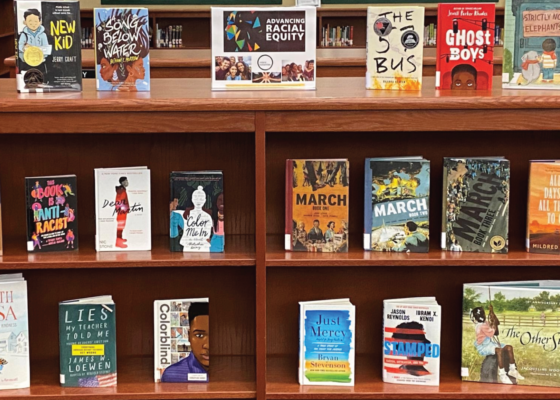All Good Things: Networks
May 11, 2016Oddly enough, the word “network” is quite old. It is found several times in 16th century English translations of the Bible, for example, where it means work in which threads…
Oddly enough, the word “network” is quite old. It is found several times in 16th century English translations of the Bible, for example, where it means work in which threads or wires are crossed or interlaced in the fashion of a net.
In modern usage, networks are groups of interconnected items – radio & TV stations, computers, chains of businesses, organizations and people. At Indiana Humanities, we belong to a myriad of networks, interwoven with others who collaborate with us in the work of the humanities.
These communities of practice are knit together through a common dedication to history, culture, literature, learning – all the subjects I have written about in this blog. A few years ago, we set out to explore and survey these networks via a project called Humanities at the Crossroads, but they have existed throughout our time as an organization.
Let me put it in a nutshell – in Indiana, we like to work together. Through our networks, we get to know each other and then we are able to accomplish many more things and reach many more people.
So here is what we need to do now: Continue to expand all our networks and invent new networks. Introduce younger members to older members and newcomers to old hands. Remain open to fresh ideas and leave markers to legacies that should never be lost. Always be clear about what we hope to do next. Try to catch rising tides that lift all our little boats, together.
And, although there is always room for improvement, I believe we are blessed with strong, active and enduring networks for the humanities. I am grateful for our extraordinary friends and colleagues throughout Indiana and beyond. It is the most rewarding part of what we do – to connect people, open minds and enrich lives.
This blog is part of a blog series, All Good Things. The series, written by Nancy Conner, will run throughout the year to reflect on topics that have been central to our work at Indiana Humanities.


